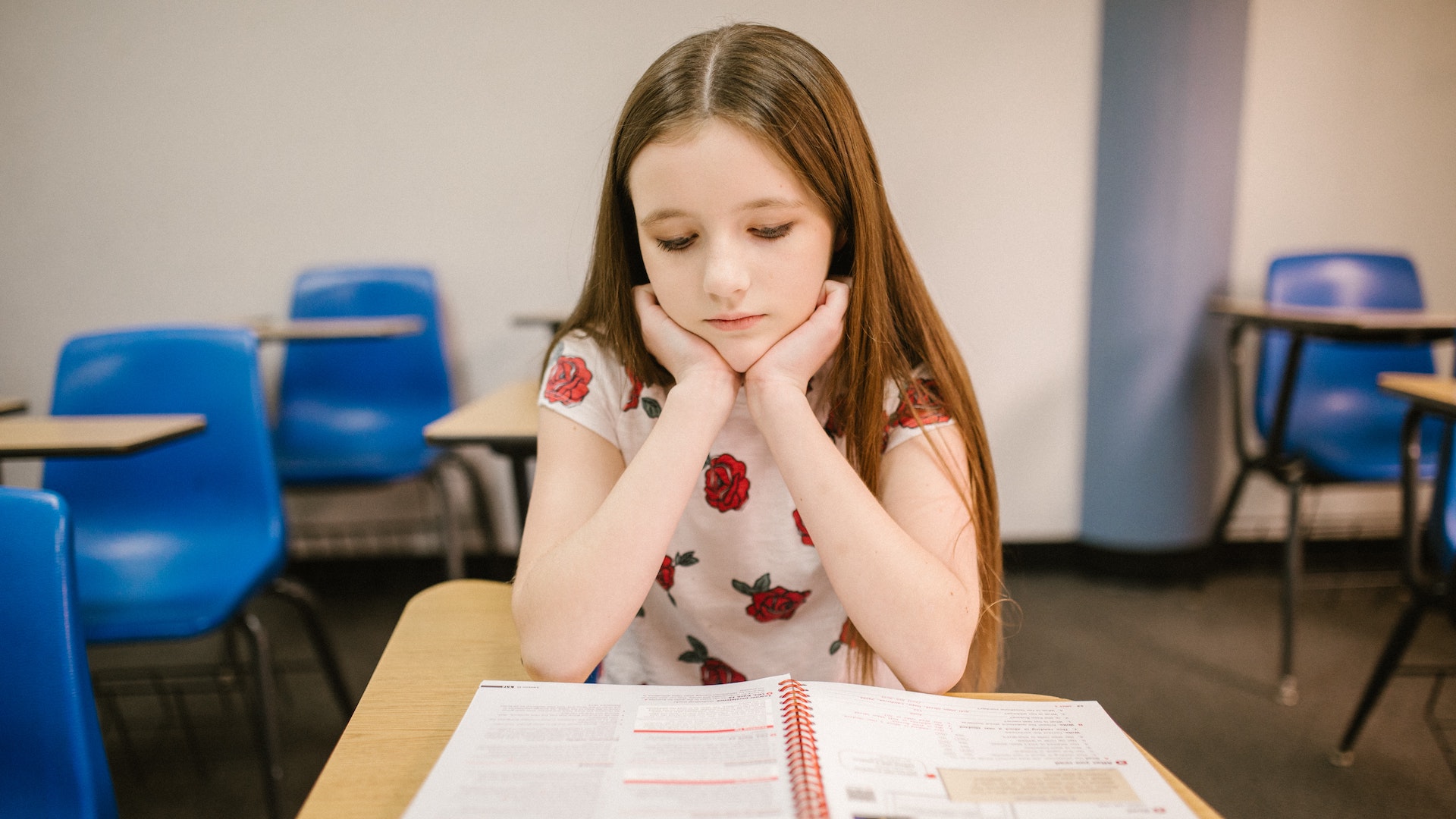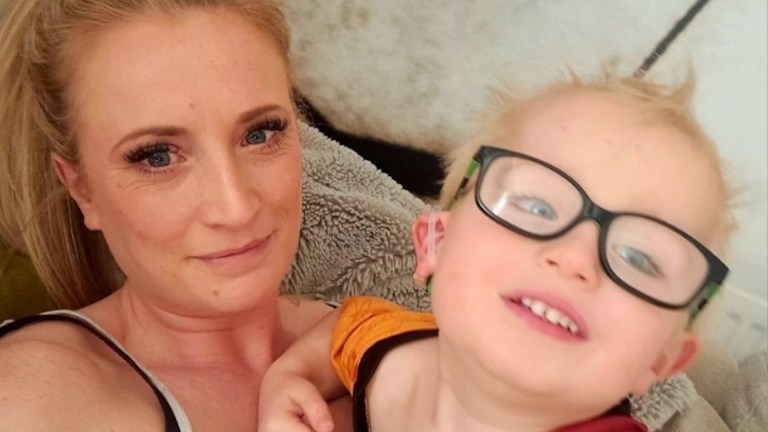Adolescents are facing “unhealthy” pressure at school, researchers found. In 2010, one in 11 young people said they were unhappy at school. That figure had jumped to one in eight by 2019.
The charity’s tenth annual Good Childhood Report draws on a series of research projects including surveys of UK children, interviews and Office for National Statistics data.
Nearly 30 per cent of 10- to 17-year-olds said they do not feel optimistic, or are indifferent, about the future.
Unhappy 14-year-olds are more likely to experience mental health problems, including self harm and attempts to take their own lives, by the time they are 17, according to the study.
Child poverty was linked to emotional struggles, the report said. Children from the poorest households were more likely to experience mental ill-health and behavioural difficulties than their peers in middle, high and very high income households.
Advertising helps fund Big Issue’s mission to end poverty
A government spokesperson said: “We know the past year has been incredibly difficult and so we are prioritising the wellbeing of children and young people, backed by more than £17 million to build on the mental health support currently available in schools, including our wellbeing for education recovery and return programmes to support students experiencing trauma, anxiety, or grief.”
While young people were generally “incredible resilient” during the pandemic, one in 25 children – an estimated quarter of a million – struggled to cope with Covid-19’s impact on their lives, researchers estimated after 2,000 10 to 17-year-olds were surveyed earlier this year. They warned resources must be dedicated to supporting the mental health of all children who need it.
“The last year has been incredibly difficult for lots of young people with many struggling to cope with social isolation, loneliness and worries about the future,” said Tom Madders, director of campaigns at charity YoungMinds.
“It’s clear that the pandemic is just one part of the picture however, with young people facing multiple pressures that are impacting their overall wellbeing.”
A government-funded network of early support hubs across the country would go some way to improving young people’s wellbeing before it deteriorates further, he said.
Russell called on ministers to develop a “bold and ambitious” plan for UK children, including early intervention services and annual monitoring of young people’s happiness levels as the government currently does for adults.
Advertising helps fund Big Issue’s mission to end poverty
The report was published on the same day the National Youth Agency warned 2.2 million children living in rural areas were being “consistently overlooked” and left out of the government’s “levelling-up agenda” by a shortfall in services.
These young people are being left “vulnerable to isolation, loneliness and poor mental health,” warned Leigh Middleton, the charity’s chief executive, who urged ministers to include rural youngsters in plans to help children.
“Young people spend 85 per cent of their waking hours each year outside of the school day. It is imperative that they can access safe places to have fun, meet friends and learn new skills, with a trained and trusted adult who knows what is needed.
“Yet there is little or no youth provision in many rural areas.”
The government spokesperson added: “We are also investing £3 billion to boost learning, including £950 million in additional funding for schools which they can use to support pupils’ mental health and wellbeing and our expanded holiday activities and food programme can also be beneficial for children and young people’s physical and mental wellbeing.”









